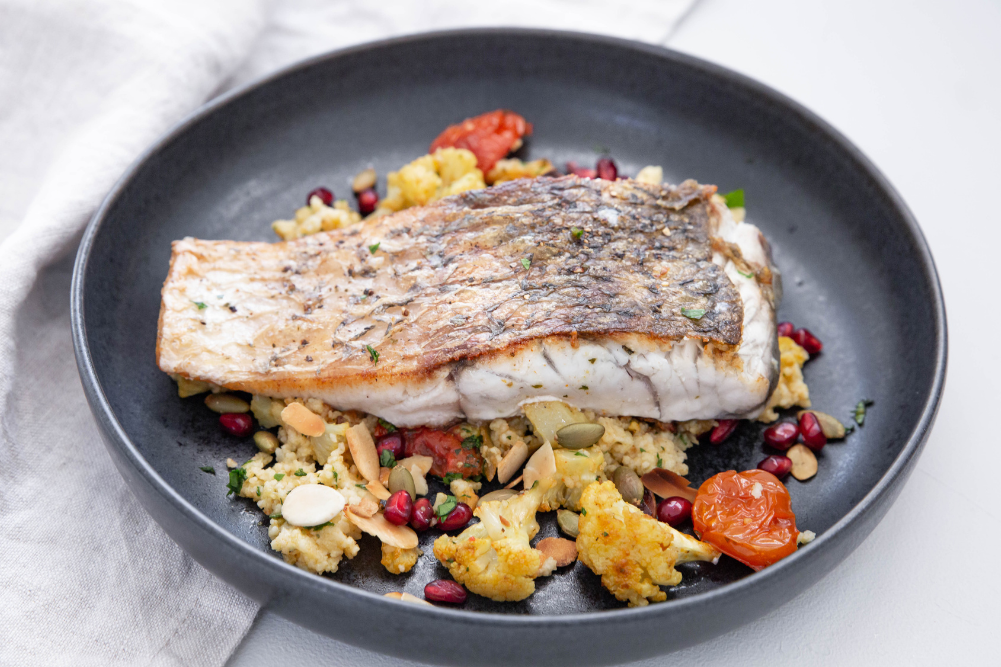Coffee and melanoma
Summer holidays are over (for Southern Hemisphere readers) and you are probably back at work after a few weeks of family gatherings, overindulgence, and frolicking in the sun. As you read this perhaps you are getting on the outside of a cup of coffee that you hope (probably forlornly) will spark you into the work year. However, according to a new study that coffee may well be doing more than flogging flagging neurons as it just might be doing something to protect that sun-exposed skin of yours.
These researchers from the Yale University School of Public Health were inspired to their research by previous studies showing that coffee consumption is linked to a reduced risk of non-melanoma skin cancer. Given this link they wanted to see whether there might be a protective effect when it comes to melanoma as well.
To investigate they assessed data from a study involving more than 447,000 people who were free of cancer at the beginning of the study. The subjects involved completed a food frequency questionnaire at the start of the study and then incidence of melanoma was monitored over the following 10 years.
Analysis showed that the more coffee subjects drank the less likely they were to develop melanoma during the follow up period. For instance, people who drank four cups of coffee a day were 20 per cent less likely to develop melanoma than those who drank no coffee.
It is tempting to theorise that people who spend a lot of time drinking coffee might also be less inclined to be out there in the sun. However, the study did show that people who drank decaffeinated coffee did not receive the same benefit. Maybe decaf coffee drinkers are more concerned about health and therefore more likely to be active in the sun than caffeinated coffee drinkers?
Whatever the underlying mechanism this is interesting but the real problem is that drinking caffeinated coffee at the level of four cups a day is linked to health issues like anxiety, nervousness, irritability, rapid heartbeat, high blood pressure, and stomach irritation. It is certainly not time to ditch your lather of SPF50+ in favour of a latté.







